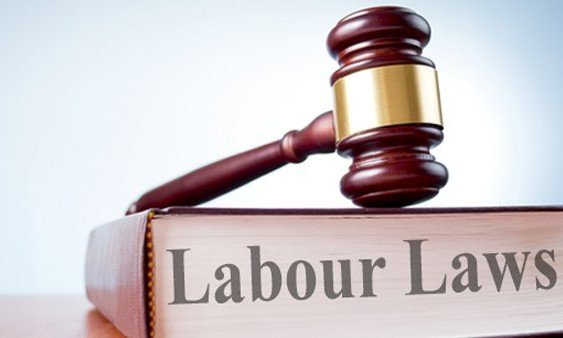INTRODUCTION:
The present case “M/s . Haryana Suraj Malting Ltd. v. Phool Chand” was adjudicated by a 3 judge bench of Justice Kurian Joseph, Justice Mohan M. Shantanagoudar, Justice Navin Sinha on 18th May 2018. The issue for consideration was whether the Industrial Tribunal or Labour Court is functus officio( having no further official authority) after the award has become enforceable, and is thus, prevented from considering an application for setting aside an ex parte award.
The Industrial Disputes Act, 1947 mandates the Industrial Tribunal or Labour Court to follow such procedure as it thinks fit. An award becomes enforceable on the expiry of 30 days from the date of its publication by the government. Proceedings are concluded on the day on which the award becomes enforceable.Industrial Disputes (Central) Rules, 1957 provide that the Court/Tribunal can proceed ex parte in case any party fails to attend the Court/Tribunal without sufficient cause being shown.
In “Sangham Tape Co. v. Hans Raj” (2005) 9 SCC 331 the court held that an application for recall of an ex parte award may be entertained by the Industrial Tribunal or Labour Court only in case it is filed before the expiry of 30 days from the date of pronouncement or publication of the award.
In “Radhakrishna Mani Tripathi v. L.H Patel and another” (2009) 2 SCC 81 the opposite view was taken by the Apex Court. To solve this confusion, this matter was referred to a larger 3 Judge Bench.
PRECEDENTS:
In “Grindlays Bank Ltd. v. Central Government Industrial Tribunal and others” 1980 (Supp) SCC 420 the court observed:
“The contention that the Tribunal had become functus officio…does not commend to us. Sub-section (3) of Section 20 of the Act provides that the proceedings before the Tribunal would be deemed to continue till the date on which the award becomes enforceable under Section 17-A“.
“…it is a well known rule of statutory construction that a Tribunal or body should be considered to be endowed with such ancillary or incidental powers as are necessary to discharge its functions effectively for the purpose of doing justice between the parties… unless there is any indication in the statute to the contrary”
“…where the Tribunal proceeds to make an award without notice to a party, the award is nothing but a nullity. In such circumstances, the Tribunal has not only the power but also the duty to set aside the ex parte award and to direct the matter to be heard afresh“.
In “Anil Sood v. Presiding Officer, Labour Court II” (2001) 10 SCC 534 the Supreme Court followed the Grindlays Case. In many other cases, court took the same stand and thus reaffirming the same viewpoint.
In “Kapra Mazdoor Ekta Union v. Birla Cotton Spinning and Weaving Mills Ltd. and Another” (2005) 13 SCC 777 the Supreme Court observed:
“…The recall of the award of the Tribunal was sought not on the ground that in passing the award the Tribunal had committed any procedural illegality or mistake…but on the ground that some matters which ought to have been considered by the Tribunal were not duly considered.
Apparently the recall or review sought was not a procedural review, but a review on merits. Such a review was not permissible in the absence of a provision in the Act”.
In “Union of India and another v. Paras Laminates (P) Ltd” (1990) 4 SCC 453 this Court held that the legislature has intended and has conceded certain powers to the tribunals in their assigned field of jurisdiction for meaningful exercise of their power. Such powers are implied in every tribunal unless expressly barred.
RULING:
The court in the present case observed:
“Merely because an award has become enforceable, does not necessarily mean that it has become binding. For an award to become binding, it should be passed in compliance with the principles of natural justice.“
In the light of the precedents and the Supreme Courts observations, the Apex Court ruled that the Labour Court or Industrial Tribunal is not functus officio after the award has become enforceable as far as setting aside an ex parte award is concerned.
This writeup is written by Gunjeet Singh Bagga.


